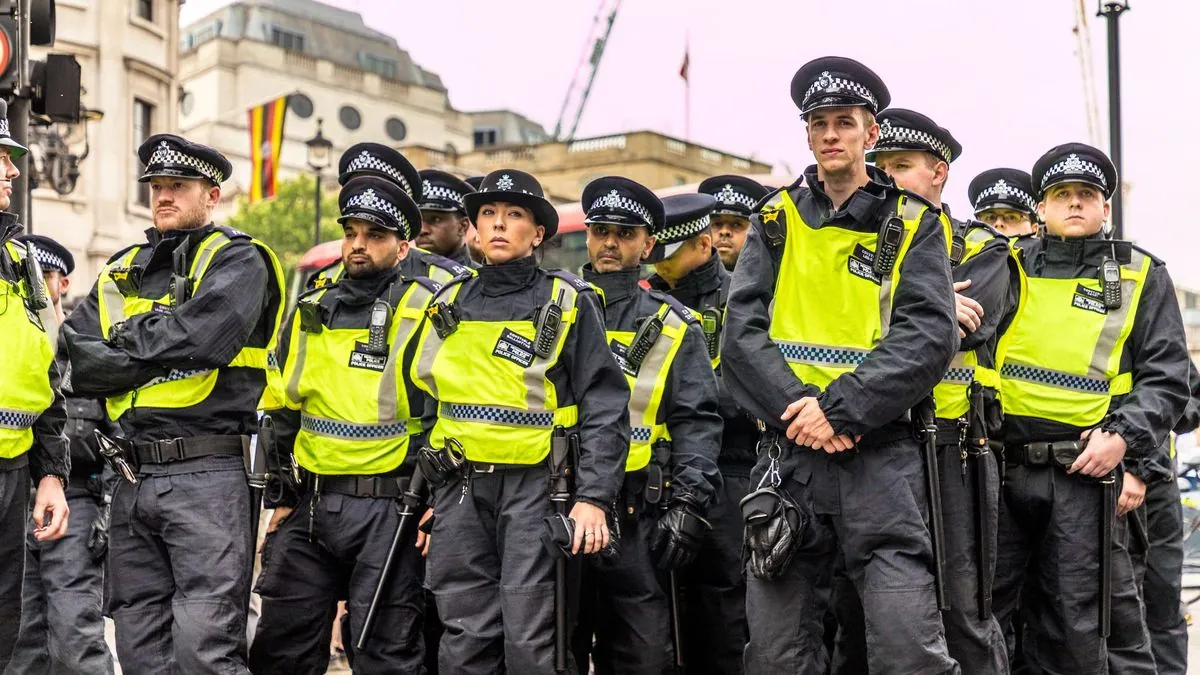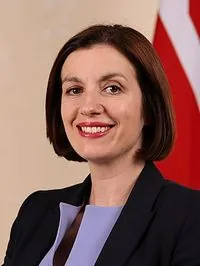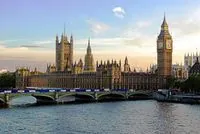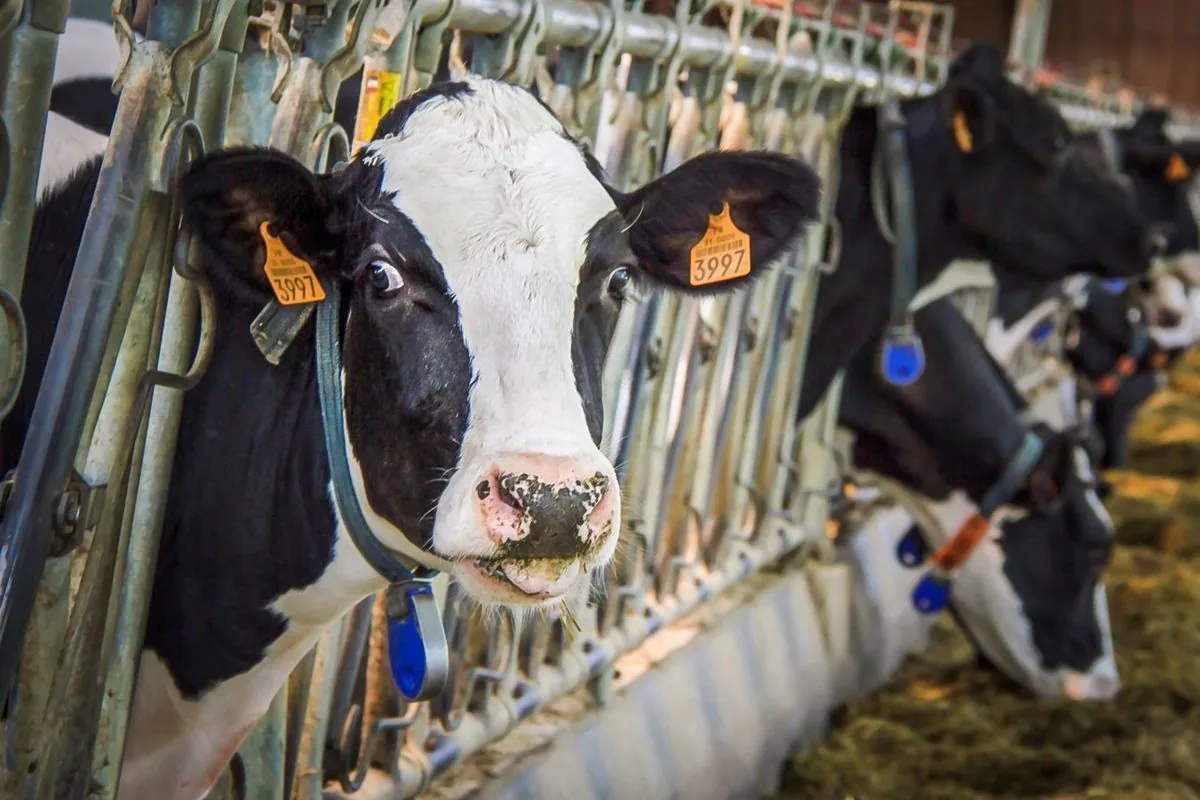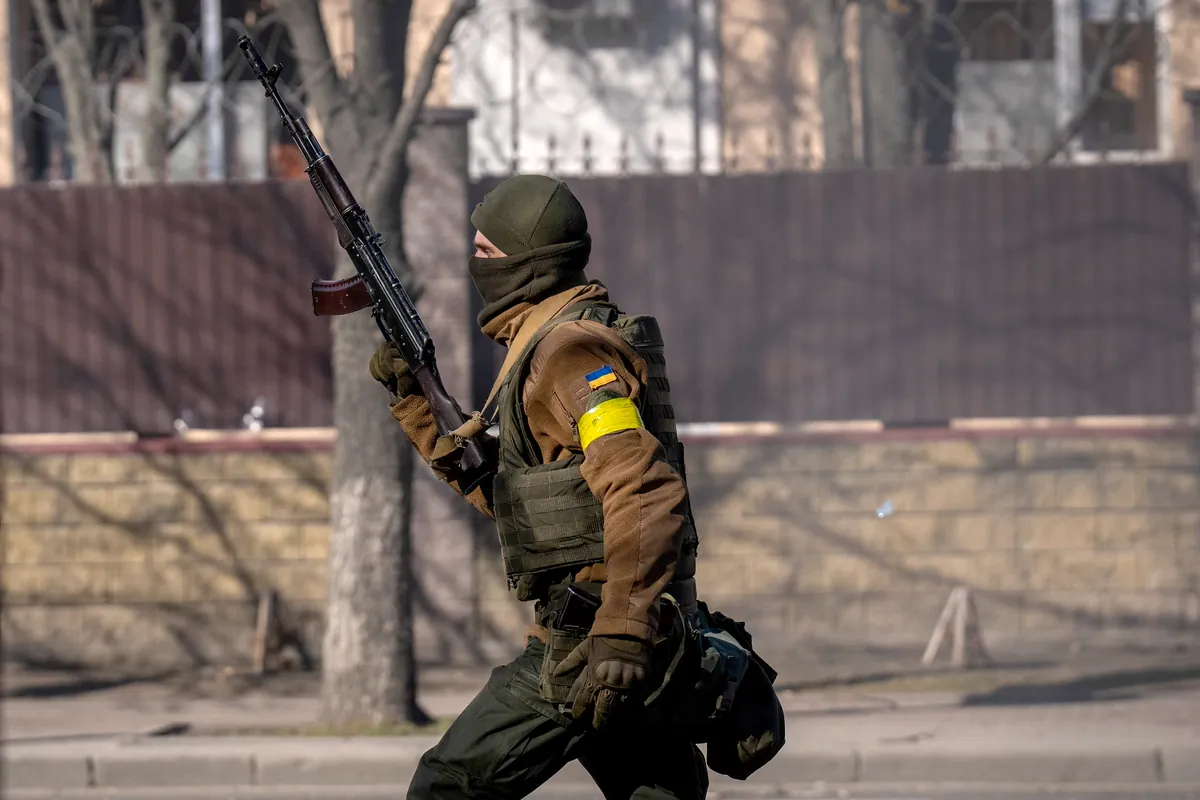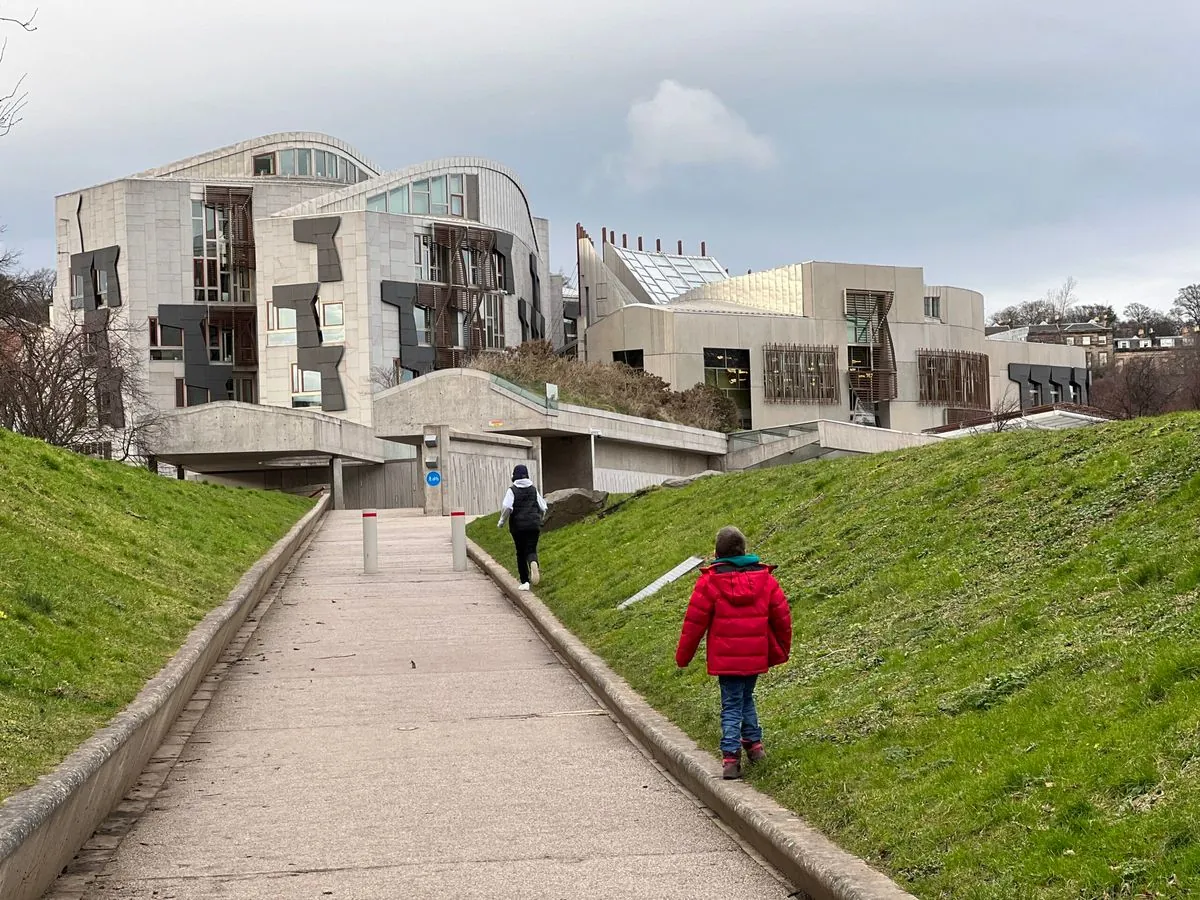SNP Government Faces Criticism Over Police Scotland's Gender Policy
Scotland's government under fire for inaction on controversial police policy allowing rapists to self-identify gender. Critics demand leadership from First Minister amid concerns for women's safety.
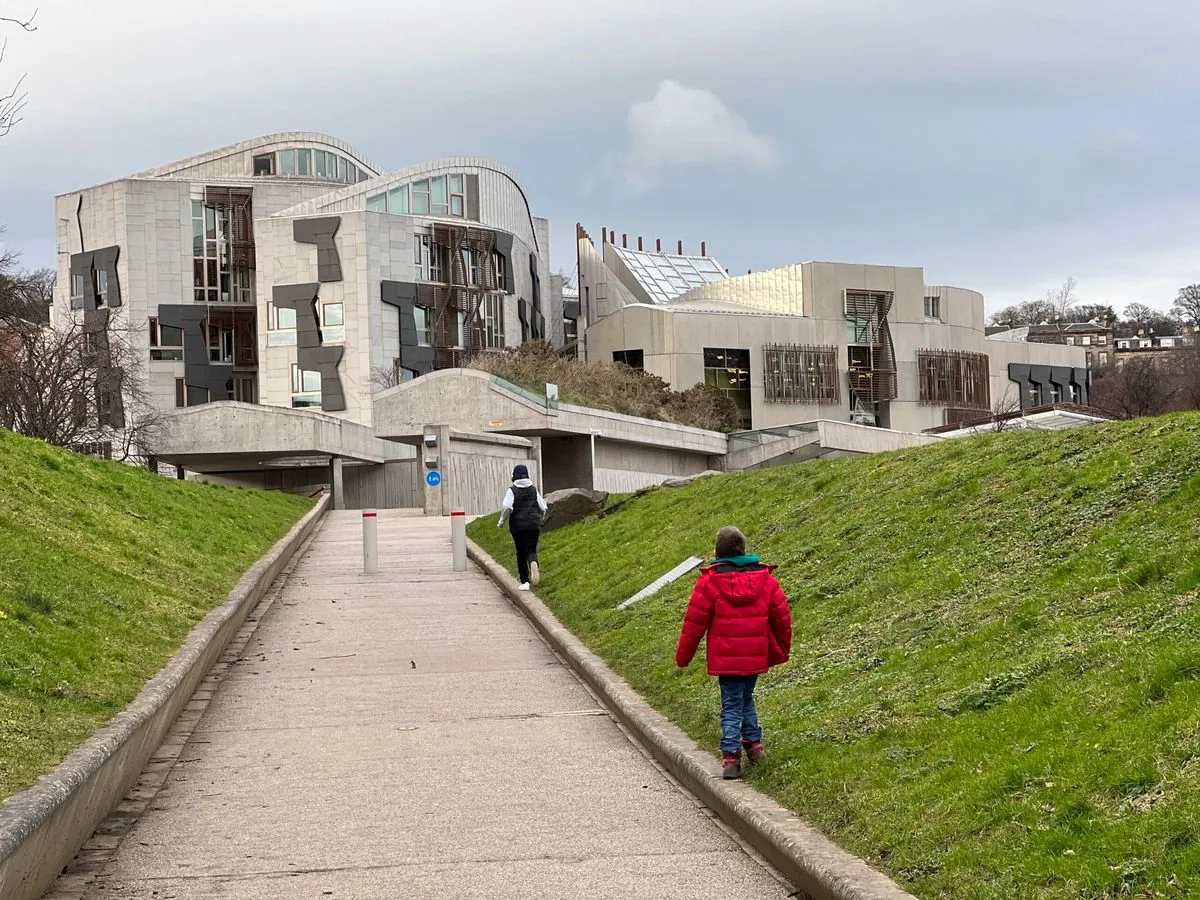
The Scottish National Party (SNP) government, in power since 2007, is facing mounting criticism over its handling of various issues, particularly a controversial policy by Police Scotland. This policy, which allows individuals charged or convicted of rape to self-declare their gender, has sparked outrage across political lines.
Rachel Hamilton, a Scottish Conservative Member of the Scottish Parliament (MSP), expressed concern that this policy could lead to situations where male rapists demand to be identified as women, potentially causing further trauma to their victims. Pauline McNeill, representing Scottish Labour, argued that the policy undermines the SNP government's strategy to combat violence against women.
Ash Regan, a former SNP minister now affiliated with the Alba Party, called the situation "offensive," noting that rapes committed by men could be attributed to women in official crime statistics. This controversy highlights the complex interplay between gender identity policies and the Scottish legal system, which operates independently from that of England and Wales.

First Minister John Swinney faced criticism for his response to the issue. While acknowledging the concerns, Swinney emphasized that operational matters are the responsibility of the police, stating, "There would be outrage if I was to interfere in the actions and the decision making of Police Scotland." This stance has led to accusations of a lack of leadership from opposition parties.
Critics argue that as the head of a government to which Police Scotland is accountable, Swinney should take a more active role in addressing the policy. The Scottish Parliament, established in 1999 and consisting of 129 MSPs, has the authority to legislate on devolved matters, including aspects of law enforcement.
The controversy has also brought attention to Jo Farrell, the chief constable of Police Scotland, with calls for her to publicly explain the force's policy. Police Scotland, formed in 2013 by merging regional forces, is the second-largest police force in the UK after the Metropolitan Police.
This debate occurs against the backdrop of Scotland's unique political landscape. The SNP, founded in 1934, leads a government that operates from Bute House in Edinburgh. The party faces opposition from the Scottish Conservatives, Scottish Labour, and Scottish Liberal Democrats in the Holyrood parliament.
As the controversy continues, many are calling for a clearer stance on gender-related policies and their impact on women's rights and safety in Scotland, a nation of approximately 5.5 million people. The outcome of this debate could have significant implications for the SNP government's approach to gender issues and law enforcement policies.
"This policy opens the door to a grotesque situation where a male rapist can demand to be called a woman and further traumatise his victim."







